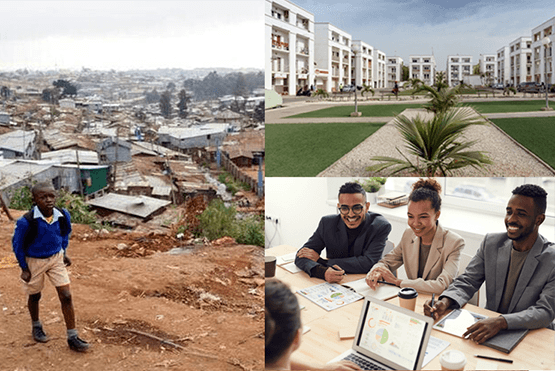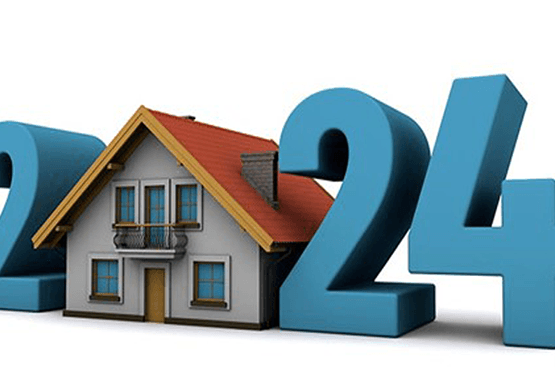In recent times, the concept of affordable housing has gained significant traction across the African continent. As someone deeply entrenched in the real estate industry, I am excited to delve into the multifaceted dimensions of affordable housing in Africa and its far-reaching socioeconomic benefits. In this article, we will explore the economic significance of providing Housing for All in Africa, shedding light on the positive impact it has on individuals, communities, and entire nations. Join me as we uncover the transformative power of accessible and affordable housing.
The Imperative of Affordable Housing in Africa
Addressing the Housing Gap
Affordable Housing in Africa is more than just a noble aspiration; it’s a vital necessity. With rapidly growing populations and urbanization rates, the demand for housing has reached unprecedented levels. Consider Lagos, Nigeria, where the population explosion has outpaced housing development, resulting in sprawling informal settlements. Such scenarios not only hinder socioeconomic progress but also give rise to health and security challenges.
Socioeconomic Benefits of Affordable Housing for All
Stimulating Economic Growth
Affordable housing is a catalyst for economic growth, fostering job creation and enhancing overall productivity. When families have secure and stable homes, they can allocate more resources toward education, healthcare, and entrepreneurial endeavors. For instance, the construction of affordable housing projects in Kigali, Rwanda, led to an influx of skilled and unskilled labor, invigorating the local economy and generating a ripple effect of prosperity.
Empowerment and Poverty Alleviation
Breaking the Cycle of Poverty
Access to affordable housing empowers individuals to break free from the cycle of poverty. In Nairobi, Kenya, the provision of low-cost housing enabled marginalized communities to uplift themselves. As families transition from informal settlements to structured housing, they experience improved living conditions and enhanced social mobility. This empowerment translates into reduced dependency on public assistance and increased contributions to the economy.
Promoting Social Cohesion
Fostering Vibrant Communities
Affordable housing projects contribute to the development of vibrant, inclusive communities. By providing spaces for diverse socioeconomic backgrounds to coexist, these projects bridge gaps and promote social cohesion. A shining example can be found in Accra, Ghana, where mixed-income housing developments have fostered a sense of belonging among residents from varying walks of life.
Government Initiatives and Investment
Catalysts for Change
Governments across Africa are recognizing the significance of affordable housing and implementing policies to support its development. Initiatives like tax incentives for real estate developers, streamlined approval processes, and subsidies for low-income families are fostering an environment conducive to affordable housing projects. South Africa’s “Breaking New Ground” policy stands as a testament to the transformative impact of government-backed housing programs.
Private Sector Engagement
Driving Innovation and Sustainability
The private sector plays a pivotal role in driving innovation and sustainability in affordable housing projects. Collaborations between real estate developers and financial institutions are crucial for securing funding and implementing scalable solutions. In cities like Dar es Salaam, Tanzania, public-private partnerships have been instrumental in creating energy-efficient and cost-effective housing solutions for the masses.
Challenges and the Path Forward
Overcoming Obstacles
While the vision of Housing for All in Africa is inspiring, challenges remain. Land availability, infrastructure development, and funding limitations pose hurdles that demand innovative solutions. However, by leveraging technology, embracing sustainable construction practices, and fostering cross-sector collaborations, these challenges can be surmounted.
The economics of affordable housing in Africa reveal a tapestry of socioeconomic benefits that extend far beyond mere shelter provision. Through government commitment, private sector engagement, and international cooperation, the continent stands at the precipice of transformation. By prioritizing Housing for All, Africa can unlock unprecedented economic growth, empower individuals and communities, and pave the way for a brighter, more inclusive future.





